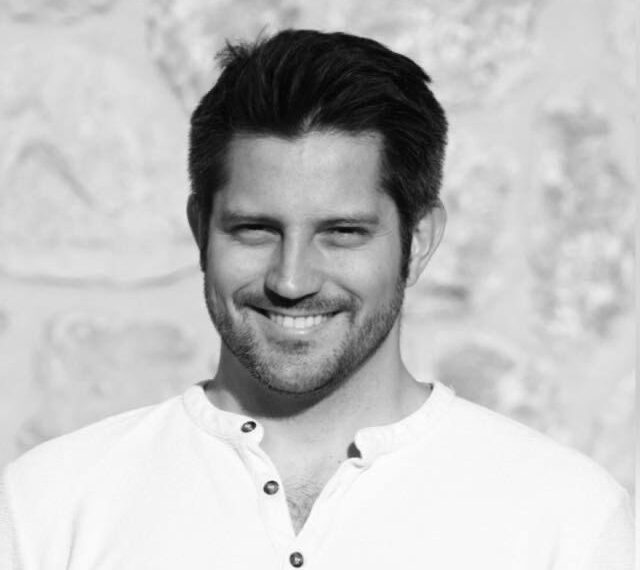
5 Minutes
CONTENTS
At The Balance, we know that healing is not just about the treatment—it’s about creating a deeply supporting, safe environment for clients to thrive. One key figure in this process is the role of the personal manager, a role unique to The Balance approach. This individual is integral to the therapeutic process. They provide round-the-clock support to clients, acting as critial link between them and the clinical team doing the treatment. This is one of the reasons we are able to personalise a program directly to a client, and evolve it in real-time. We sat down with Bilgehan Bulut, the Clinical Manager and Head Personal Manager, to discuss the role of the personal manager, why it is so important to the therapeutic process, and one of the most profound shifts he witnessed in a client.
A UNIQUE METHOD TREATING Insights
a successful and proven concept focusing on underlying causesLASTING APPROACH
0 Before
Send Admission Request
0 Before
Define Treatment Goals
1 week
Assessments & Detox
1-4 week
Psychological & Holistic Therapy
4 week
Family Therapy
5-8 week
Aftercare
12+ week
Refresher Visit
Insights
latest news & research on InsightsHow To Love Yourself
It is not as difficult as you would imagine to communicate with your higher guidance. The trick is to be willing to learn about self-love. The solutions may come quickly or gradually. They can appear in the form of words
read moreMental Training For Athletes
The mental self and physical self are symbiotically linked. In other words, everything that happens in the mind has an impact on the body, and vice versa
read more






